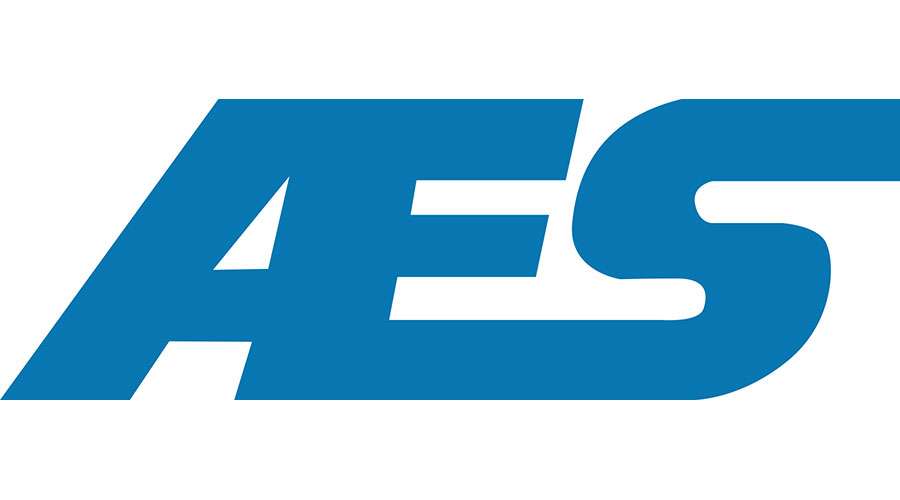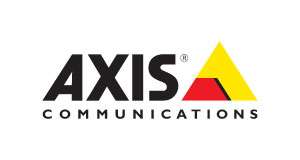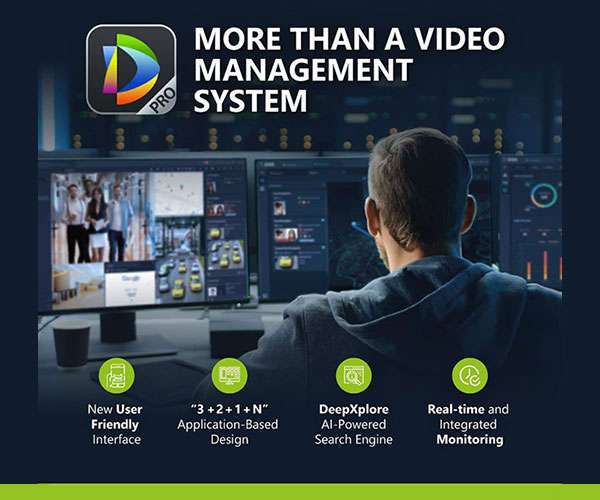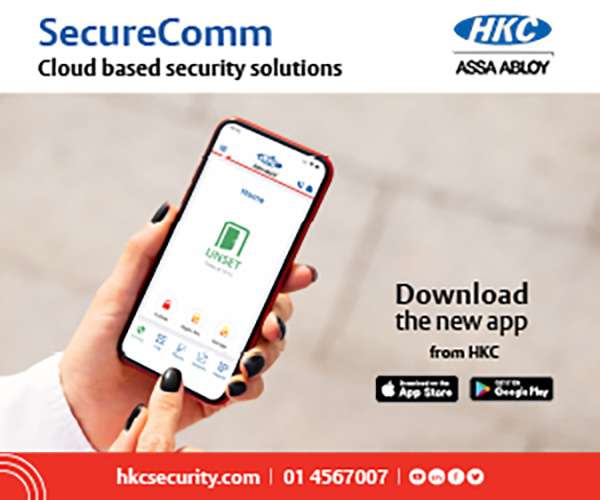Product

VCredential Cloud Platform Takes Vanderbilt Bluetooth Offering to the Next Level
Vanderbilt, a global leader providing state-of-the-art security systems, announced today the launch of their VCredential cloud-based credential management platform.
Following the introduction of the Bluetooth Low Energy (BLE) reader family in conjunction with ACT Enterprise last October, Vanderbilt’s increased expansion in this market responds to the continuing trend toward virtualization and a shift toward touchless door access.
VCredential is a cloud-based credential management platform that offers users the ability to create and manage Bluetooth credentials independent of the access control platform. It’s key benefit focuses on intuitive usability and the opportunity to benefit from the latest industry technology trends.
Market expansion
“VCredential clearly expands our footing in this market following our successful Bluetooth reader launch last year. Now, our BLE readers no longer only support our award-winning ACT Enterprise system. Instead, thanks to the VCredential platform, they support all Vanderbilt systems. This includes OMNIS, ACT365, SPC, as well as multiple third-party partner systems,” explains Nadine Frost, Senior Product Manager at Vanderbilt International.
“We confidently believe that being able to offer Bluetooth credentials through all of our systems builds on our success in the market to date. It brings our product offering to the next level,” finishes Frost.
The benefits of Bluetooth has always been convenience and ease-of-use. Following a global pandemic, they have never been more apparent or needed. This is the take of Ross Wilks, Head of Marketing Communications at Vanderbilt International.
Smartphone convenience
“For example, smartphone credentials are time and cost-effective alternatives to managing physical credentials,” said Wilks. “Their convenience is that they enable mobile phones to be used just like a traditional access control card or tag.
“Moreover, the creation and management of Bluetooth credentials can be carried out by the administrator directly in the cloud-based VCredential management platform for easy management.”
Note: This can also be achieved in any of the Vanderbilt access control systems, or third-party systems, through the integration of RESTful APIs.
Customer-first
Wilks further weighs in on why the company is expanding its reach into the Bluetooth credential field.
“Customer-first is one of our most important mantras at ACRE. Forward-thinking and high-performance are two others that we really care about as well. The VCredential management platform hits all of these criteria out of the park, “ Wilks states.
“Why we feel so strongly about this market approach is because by introducing Bluetooth readers into existing systems, it reduces the total cost of ownership. This is because it extends the life of the existing system controller and hardware, allowing a smooth migration to mobile credentials. This benefits everyone.”
“Furthermore, Bluetooth introduces a new level of end-user convenience. By removing the need for a physical credential, and introducing Bluetooth-enabled smartphones as a mobile credential, it provides end-users with a seamlessly smooth user experience,” says Wilks.
No hidden costs
Importantly, the VCredential is supporting the same perpetual license model as currently offered under ACT Enterprise. There are no hidden costs as the price per credential is paid up-front and does not reoccur on a monthly or yearly basis thereinafter. In addition, Vanderbilt is not asking for an annual maintenance fee and covers upgrades and support of this service free-of-charge.
“For existing users of BLE readers with our ACT Enterprise,” Wilks concludes, “the approach here is the same and is based on convenience and simplicity. It mimics the same approach as the ACT Enterprise software interface. The only difference is that the credential management instead takes place through the VCredential platform.”
For more information, visit www.vanderbiltindustries.com.


































